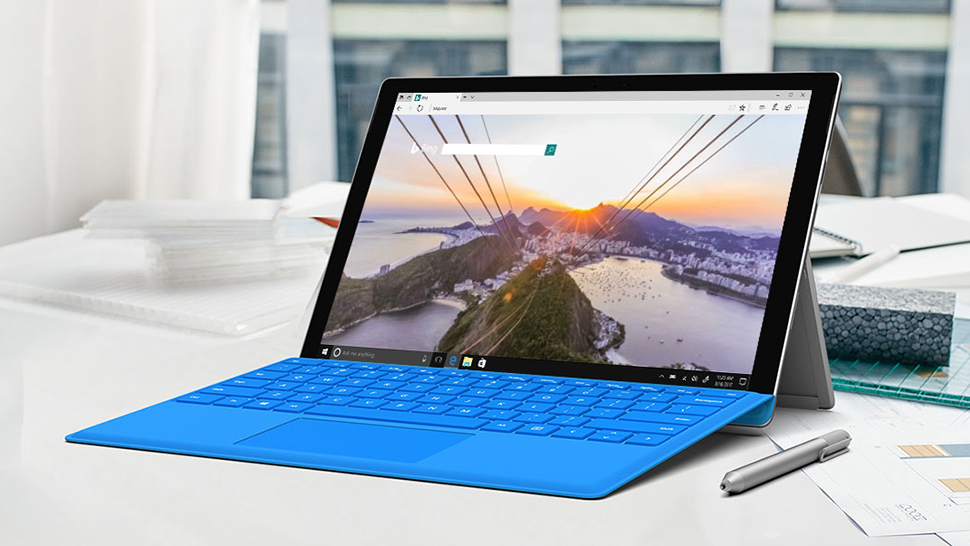Chromium Edge can now block dodgy apps that could mess with your privacy (or wallet)
PUA blocking feature is still in testing at the moment, though

Chromium Edge has been given more security capabilities with Microsoft introducing an option to block the downloading of Potentially Unwanted Applications (PUAs, aka PUPs or Potentially Unwanted Programs) to the earliest test build of its browser.
For the uninitiated, these sort of apps might not deliver viruses or immediately damage your PC as such, but as the name suggests, they are programs which you don’t want installed for one reason or another.
- I’m sick of Chrome eating all my RAM – it's time to ditch it...
- New version of Chromium Edge hints at how it will challenge Chrome
- We’ve picked out the best web browsers of 2019
A good example is a free PC system cleaner which finds lots of ‘issues’ with your computer – likely to be mostly made-up problems – in an effort to persuade you to open your wallet and upgrade to the paid version.
Or more commonly, these PUAs may simply be some form of spyware or adware that compromises your privacy (sneaking its own adverts into your web browsing, and possibly tracking your browsing to better target any ads – or maybe even changing your browser’s homepage, or all of the above).
With the new protection, Chromium Edge now defends testers against these kind of applications.
The feature uses Microsoft Defender SmartScreen to identify and block ‘low-reputation’ PUAs, a capability introduced to Windows Defender last year.
So bear in mind that you might not need this if you’re running Windows Defender anyway (which is increasingly becoming regarded as an impressive security solution, despite a recent slipup).
Sign up for breaking news, reviews, opinion, top tech deals, and more.
Although it’s unclear if the two separate SmartScreen features on Edge and Defender provide exactly the same coverage. We’re guessing this is the case, though, and at any rate, far from everyone runs Defender of course.
Experimental feature
As mentioned, at the moment, PUA blocking is an ‘experimental feature’ in the Canary version of the revamped Microsoft Edge (essentially the earliest testing version).
Ghacks spotted this and explains that if you’re running the latest Canary build of Edge, you can enable the feature by typing edge://flags in the browser’s URL bar, and then searching for SmartScreen to find where it says ‘Microsoft Defender SmartScreen PUA support’.
To turn the functionality on, simply click the button on the right so it’s ‘Enabled’. Finally, you need to close and reopen Edge to register the change.
Following setting the flag, you must also actually turn the protection on in Edge. Type in edge://settings/private in your URL bar, go down to the Services group, and here you’ll find an option to ‘Block potentially unwanted apps’, so hit the slider to the right to turn it on.
Whether or not this option will be present in the Settings of the release version of Chromium Edge isn’t clear yet, but it’s probably a fair bet.
Only time will tell, though, and there’s always the possibility that the feature may not go beyond the experimental phase (as with any functionality introduced in early testing).
Bear in mind that other browsers have this kind of protection built-in, of course, such as Google’s Chrome with its Safe Browsing feature which helps protect against malware and phishing sites, as well as unwanted software downloads.
- Surf the web on one of our best laptops of 2019
Via TechDows
Darren is a freelancer writing news and features for TechRadar (and occasionally T3) across a broad range of computing topics including CPUs, GPUs, various other hardware, VPNs, antivirus and more. He has written about tech for the best part of three decades, and writes books in his spare time (his debut novel - 'I Know What You Did Last Supper' - was published by Hachette UK in 2013).